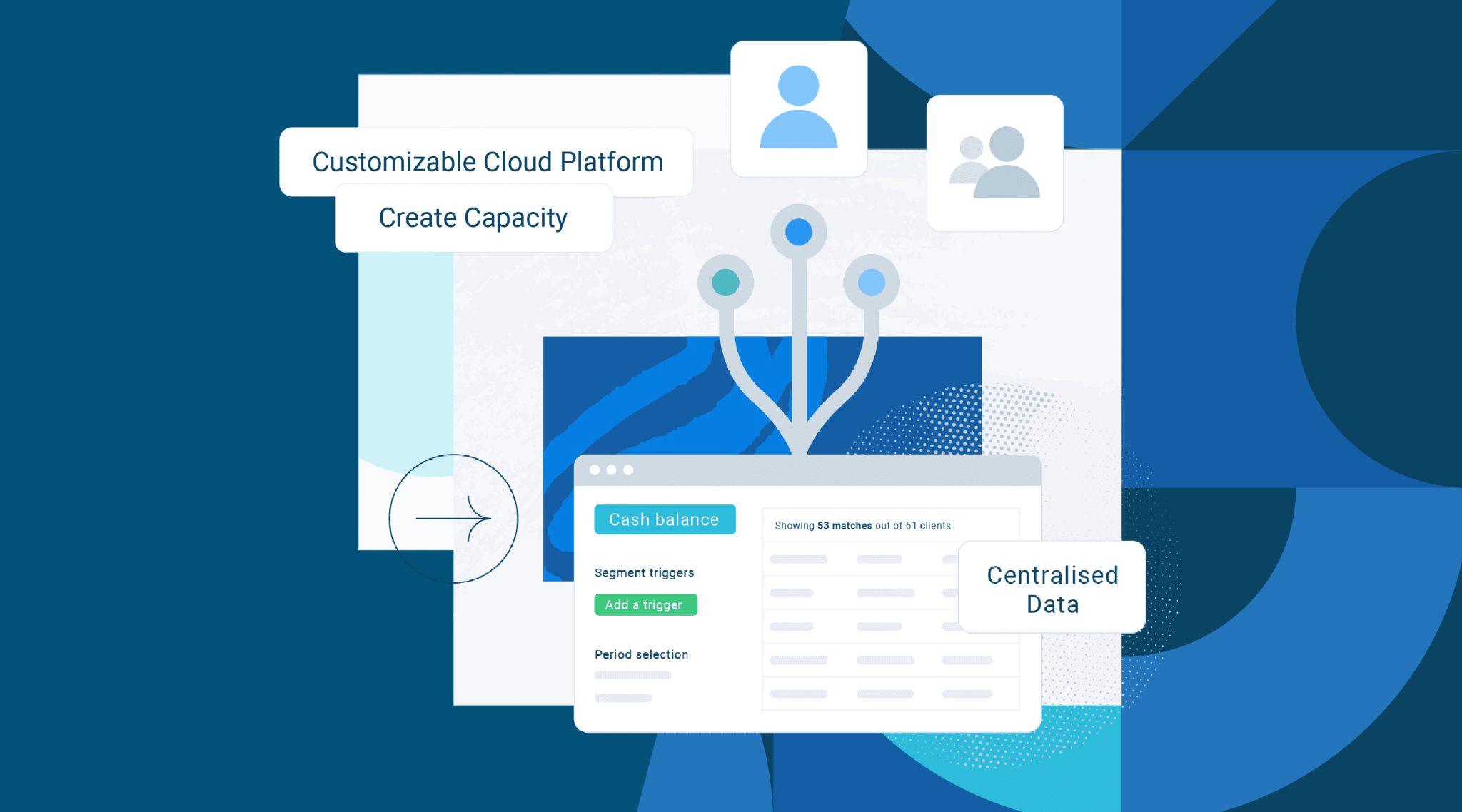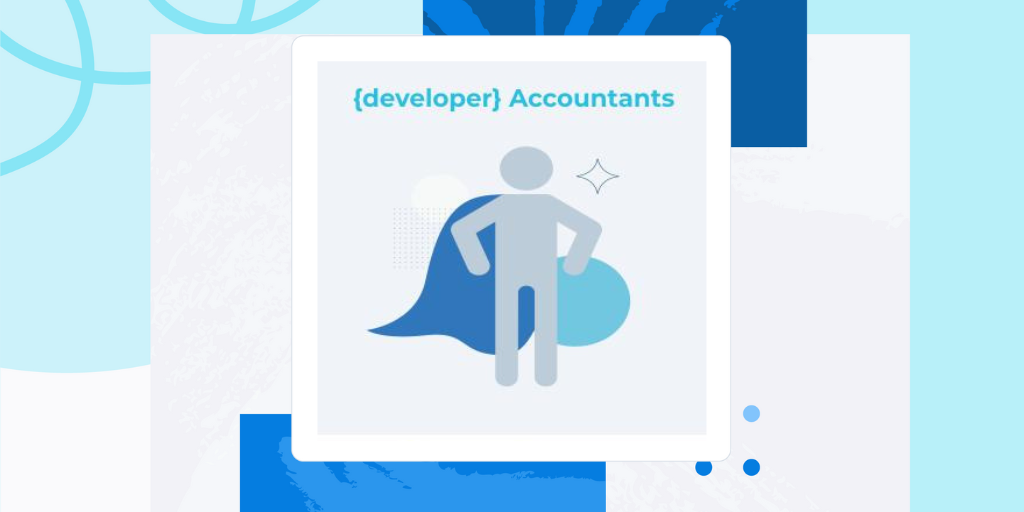In my recent webinar ‘An introduction to {developer} Accountants and why your firm needs them’ my colleague Agustin Rufino and I discussed what makes a Developer Accountant, how can you identify them within your firm and how can your accounting firm can benefit from them.
In the first part of this blog series to accompany that presentation, I’ll discuss what we mean by the term ‘Developer Accountant’ and how they benefit Accountancy firms large and small around the world.
So, let’s meet the {developer} Accountant…
For starters, I would identify myself as a Developer Accountant, and my journey is the more common path – Accountant by training moving, by varying degrees, towards adopting more of a Developer mindset.
I graduated about 10 years ago with a Master in Accountancy and started working for one of the big four in Belgium, in both the audit department and M&A departments. During that time, I saw a lot of inefficiencies in the way we worked and lots of room for improvement. Five years ago, I joined Silverfin to be in the driver’s seat to provide those improvements.
Now a Solution Architect, I combine what I learned at University and my experience at the accountancy firm to support our clients on a day-to-day basis with transforming their business and existing processes. By implementing Silverfin’s low-code solution, we improve the accuracy and efficiency of routine and repetitive tasks. I help clients free up resources and make additional capacity available. It also becomes possible to unlock new opportunities for their business along the way.

Agustin’s career path is similar, but subtly different as he chose to be more technical ultimately than me. He also studied Accounting at University and then joined a firm mainly preparing financial statements and tax returns for clients. He also started to notice the inefficiency of manual processes or repetitive tasks – and how that stole time from data analysis that would lead to more valuable information for clients. Like me, he wanted to drive the change and joined Silverfin as a Liquid developer creating Silverfin templates. Meanwhile, Agustin has continued his journey from Accountant to Developer and has evolved to become an Integration Engineer, using Silverfin APIs while supporting clients to do the same.
About Silverfin
My experience and views on Developer Accountants are influenced by the work I’ve done with many Accountancy firms while working at Silverfin. So, it’s worth understanding a bit about Silverfin and how it enables Accountants to become Developer Accountants.
Firstly, it’s a cloud based platform that focuses on providing a centralized solution for post accounting services. Being fully cloud compliant is key to exploiting opportunities to distribute work, share workflows and create control. Importantly, it pulls in data from many different ERP systems or from Excel files.

One of the core principles of Silverfin is customization. From a distance, the process to prepare and generate financial statements, tax returns and management reporting looks the same across different countries and firms. However, the devil is in the details. Being able to configure this process to adhere to the rules and regulations of your country and the specific needs of your firm is crucial. Silverfin provides this flexibility via a customisable layer on top of the Silverfin platform. This layer uses Liquid, a low-code templating language, also used by Shopify. This is also the area where Augustin and I operate on a day to day basis with our clients, collaborating with Accountants and Developers.
Keeping a foot in both camps
When we talk about what makes a ‘Developer Accountant’ it can be tempting to think about someone who has fully switched into programming or developing. But, we see it in a different way. We think that Developer Accountants are still Accountants, they just choose to adopt a different mindset. A more proactive mindset, often looking at the repetitive tasks or issues mentioned before and trying to come up with generic and uniform solutions that can benefit everyone in the firm. That search for solutions leads them to acquire some Developer skills, used to customize existing platforms or systems. The skills from both roles then benefit this new role.
For example, if we think of Accountants, those individuals are often very analytical. A handy skill when you consider how often programming requires breaking complex problems down into smaller steps.
The Developer Accountant mindset is mainly about problem solving. We also think it is not a hard choice between these two roles. And there is also not a single place to be positioned in the middle. It’s a spectrum, with different variants along the way, and different benefits depending on where on the spectrum individuals land.
So, I am in charge of scoping and designing workflows and finding new solutions to the challenges Accounting firms face. But, because I understand the development of code process better, I am more informed regarding what is possible or not and how to materialize those ideas together.
Further towards being a Developer, Agustin, works closer to the actual implementation of those ideas. Translating those ideas into the Liquid code in Silverfin.
But as a trained Accountant, Agustin better understands the why behind certain design choices, compared to technology-educated Developers. As a result, he can challenge or make comments during the actual development stage, something which would rarely happen if you don’t have any content experts involved during that phase.
As a result, if you are building an investment template there are a lot of accounting questions that could pop up. For example, are we going to be dealing with a trial balance or are we going to be fetching accounts from under which type of accounts are we going to be using? Do we need to consider amortization and what are the calculations that we need to apply? All of those things are not related directly to the development but are really useful things that the Accountant brings in here.
The Developer Accountant benefits
I hope this has gone some way to explain what a Developer Accountant is and why the benefits of this new mindset are maximised when combined. We have also seen it deliver consistently higher-quality end products and significantly reduced delivery times as the number of iterations needed to build the right solution falls. And, we consistently see these benefits arrive in firms regardless of their size or the country they operate in.
Watch out for part 2 where I will cover how to find and use Developer Accountants in your firm.
Interested in learning more?
You can download a complete copy of the Developer Accountant whitepaper or watch the webinar recording here.






